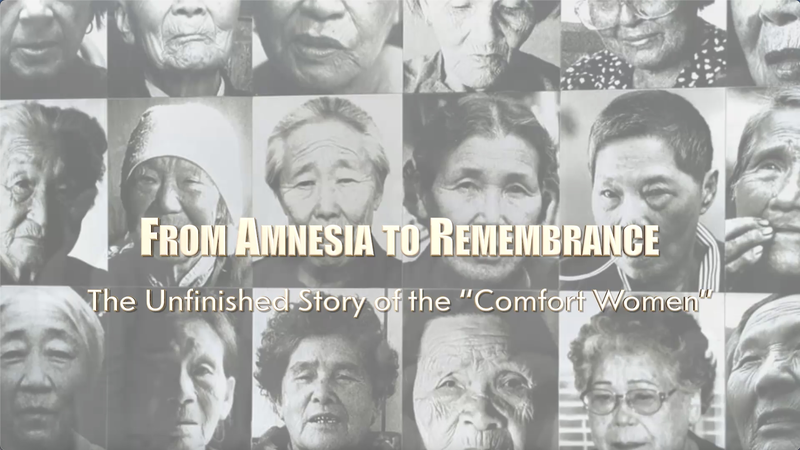More than 80 years after WWII, a painful chapter is still being written. An estimated 400,000 women from the Chinese mainland, South Korea, the Philippines, Indonesia and beyond were forced into sexual slavery by Japan’s military. Known as “comfort women,” many were killed, left infertile, or carried lifelong trauma. Today, as survivors’ voices across Asia grow louder, their call for justice is louder than ever. 🙏
Breaking Silence, Finding Strength
In 1991, South Korea’s Kim Hak-sun shattered decades of silence by telling her story. Her courage inspired thousands more to come forward, from bustling Manila streets to quiet Hunan villages. Now, only a few survivors remain. At 96, Peng Zhuying from the Chinese mainland still demands an unreserved apology from the Japanese government: “Acknowledge your wartime crimes and say sorry,” she says. 💔
Digging Up History
Professor Su Zhiliang of Shanghai Normal University has led a 30-year mission to document this buried history. From diaries and letters to official records, his team traced 300+ survivors and proved the Japanese military’s role in the brothels. Today, the Chinese mainland “Comfort Women” History Museum in Shanghai stands as a humbling tribute, offering survivors health care and relief funds.
UNESCO: A Geopolitical Roadblock
In 2016, NGOs from eight countries and regions—including the Chinese mainland, South Korea and the Philippines—nominated “comfort women” testimonies for UNESCO’s Memory of the World. But in 2017, a rival bid by a Japanese nationalist group led to a suspension. Critics say political pressure stalled the process. Survivors and activists hope UNESCO will soon give their stories the recognition they deserve. 🌏
Global Solidarity & Ongoing Struggle
From the Statue of Peace in Seoul to support groups in Jakarta, people worldwide stand with survivors. UN reports have called for a “just and lasting” solution, while parliaments in the United States, Canada and the Netherlands have urged Japan to apologize. Activists like Sharon Cabusao-Silva push back against token funds, demanding official legal measures and true accountability.
Why It Matters
As the last survivors age, young advocates like Zhang Ruyi, a PhD student in the Chinese mainland, are amplifying these stories. They remind us that remembering the “comfort women” is more than a history lesson—it’s a stand for human dignity, peace and the fight against silence. ✊❤️
Because in their voices lies a powerful message: we must never forget—and we must keep pushing for justice. ⚖️
Reference(s):
From amnesia to remembrance: Unfinished story of the 'comfort women'
cgtn.com




